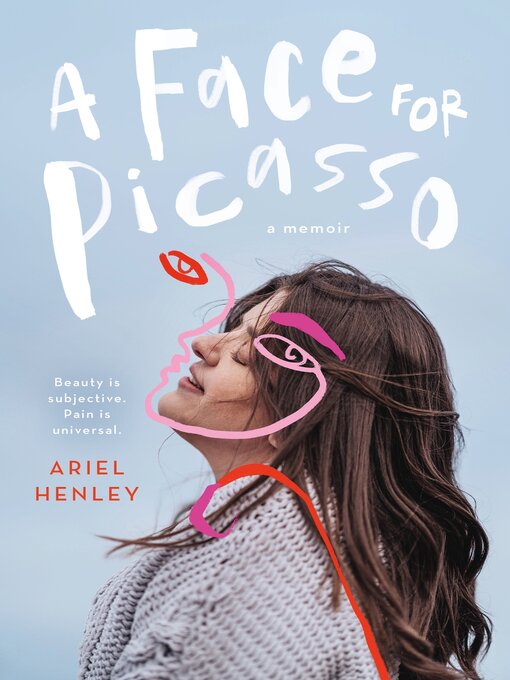A Schneider Family Book Award Honor Book for Teens
"Raw and unflinching . . . A must-read!" —Marieke Nijkamp, #1 New York Times-bestselling author of This Is Where It Ends
"[It] cuts to the heart of our bogus ideas of beauty." –Scott Westerfeld, #1 New York Times-bestselling author of Uglies
I am ugly. There's a mathematical equation to prove it.
At only eight months old, identical twin sisters Ariel and Zan were diagnosed with Crouzon syndrome — a rare condition where the bones in the head fuse prematurely. They were the first twins known to survive it.
Growing up, Ariel and her sister endured numerous appearance-altering procedures. Surgeons would break the bones in their heads and faces to make room for their growing organs. While the physical aspect of their condition was painful, it was nothing compared to the emotional toll of navigating life with a facial disfigurement.
Ariel explores beauty and identity in her young-adult memoir about resilience, sisterhood, and the strength it takes to put your life, and yourself, back together time and time again.
- Available now
- New eBook additions
- New kids additions
- New teen additions
- Most popular
- Try something different
- See all ebooks collections
- Available now
- New audiobook additions
- New kids additions
- New teen additions
- Most popular
- Try something different
- Audiobooks for the Whole Family
- Great Narrators
- Newly Available from OverDrive- Available Now
- See all audiobooks collections
- Most Popular Magazines
- Get the Newest Issue
- Art & Architecture
- Business & Investing
- Cooking & Food Magazines
- Crafts & Maker Magazines
- Current Events
- Entertainment
- Fashion
- Health & Fitness
- Home & Garden
- Kids & Teens Magazines
- Men’s Interest
- See all magazines collections




